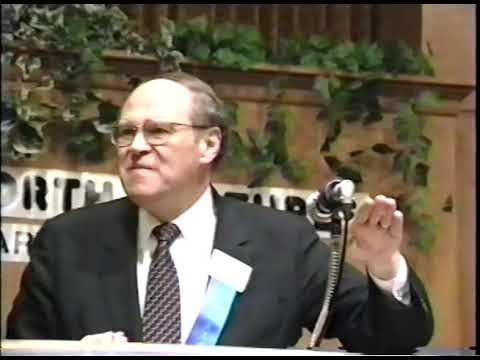The topic of church government is at the very heart of many challenges facing churches today. To navigate these issues, it's crucial that we understand the biblical principles for how the church should be structured and led.
Three Key Greek Terms for Church Leaders
The New Testament uses three key Greek terms interchangeably to refer to church leaders:
Presbuteros (elders) - This term emphasizes the spiritual maturity and wisdom that should characterize church leaders. The English word "Presbyterian" comes from this Greek word.
Episcopos (overseers/bishops) - This term highlights the supervisory and administrative responsibilities of church leaders in overseeing the congregation. The English word "Episcopal" derives from this Greek term.
Poimen (pastors/shepherds) - This term underscores the pastoral care and nurturing role that church leaders have in tending to the spiritual needs of the flock. The verb form "to feed" or "to shepherd" also comes from this root word.
Several passages demonstrate that these terms all refer to the same office and role:
Acts 20:17,28 - Paul called for the "elders" (presbuteros) of the church in Ephesus and charged these same men to shepherd the church as "overseers" (episcopos).
Titus 1:5-7 - Paul instructs Titus to appoint "elders" and then immediately refers to them as "bishops", using the terms interchangeably.
1 Peter 5:1-2 - Peter exhorts the "elders" to "shepherd" and "exercise oversight" over the flock, combining all three terms in one passage.
So whether referred to as elders, overseers/bishops, or pastors/shepherds, these terms all denote the same group of leaders who guide and care for the local church. The different words simply emphasize various facets of their responsibilities.
The Role and Responsibilities of Elders
The New Testament portrays elders as having authority to oversee, supervise and care for the local church. They should be spiritually mature men of wisdom, judgment and experience.
There are two main realms of elder authority:
Faith - Elders cannot make decisions on matters of doctrine, as these are determined by Scripture. Their role is to uphold and teach sound doctrine, not originate it.
Judgment - Elders do have authority to make decisions on practical matters not directly addressed in Scripture. This could include things like building maintenance, what song books to use, hiring preachers, etc.
In areas of judgment, members have an obligation to submit to and support the decisions of the elders (Hebrews 13:17). God wisely designed the church this way to prevent division over secondary issues. Imagine the conflict if every decision required a congregational vote!
However, this doesn't mean elders can make decisions arbitrarily or without accountability. They must lead as servants, always seeking the good of the church according to biblical principles.
Challenges in Elder-Preacher Relationships
One common point of tension in churches is the relationship between elders and preachers. Preachers can feel insecure since the elders have the authority to hire and fire them. Elders should strive to make preachers feel supported and secure, giving them freedom to use their unique gifts and style (within biblical parameters).
On the flip side, preachers often have significant influence and rapport with the congregation. They must be careful not to leverage this in a way that undermines the elders' authority, especially when transitioning to a new church. The goal should be to leave a congregation spiritually strong and unified, not divided.
A Plea for Unity Amidst Disagreement
Sadly, churches today often exhibit suspicion, fragmentation and criticism over secondary issues. This hinders our witness and outreach to a lost world.
What we need is a "kinder, gentler" spirit that:
Verifies facts before making accusations
Doesn't assume the worst about fellow Christians
Doesn't attribute wrong motives without clear evidence
Even when we disagree on matters of judgment, we must strive to do so with respect, grace and love. We are still brothers and sisters in Christ, called to work together for the faith of the gospel. May God help us lead and serve His church in a way that honors Him and advances His kingdom.
In conclusion, understanding the biblical basis for church government is vital for navigating many challenges churches face today. Elders, as mature spiritual leaders, have authority to oversee the church, especially in areas of judgment. Members should submit to their leadership.
However, elders must exercise their authority with wisdom, grace and accountability. They should strive to foster healthy relationships with preachers and the congregation.
Ultimately, even amidst disagreement, we must prioritize unity, charity and cooperation as we seek to serve Christ together. Let us embrace a spirit of kindness and humility as we work to restore New Testament Christianity in a way that honors God and reaches the lost.


